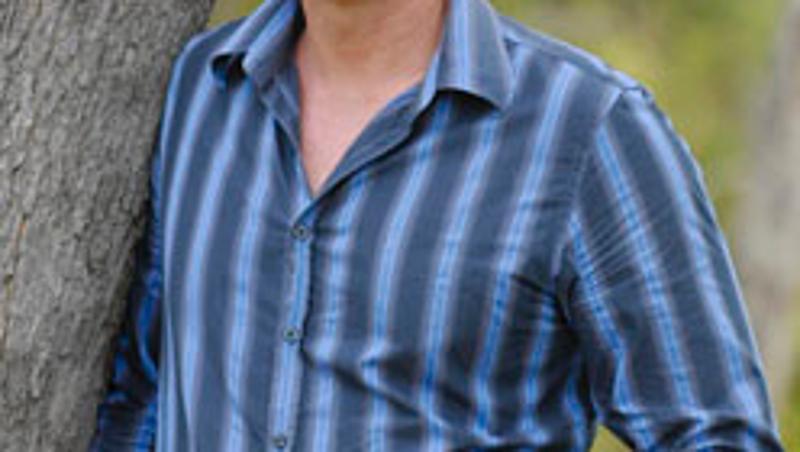
Getting your head around new things is your brain's favourite activity and it is this stimulation that keeps the brain rewiring itself and changing throughout life, said QUT's Dr Matthew Bambling, who takes part in a panel on the brain's ability to regrow and restructure itself, on Sunday.
Dr Bambling, from QUT's School of Psychology and Counselling, said the brain's ability to develop new connections when we learned new activities or changed our way of thinking was one reason why psychological therapy worked.
"Through therapy, we can alter the physical structure of our brains," he said.
Dr Bambling will take part in a Brisbane Writers' Festival panel discussion on Sunday with Dr Norman Doidge, author of the best-selling The brain that changes itself and the Queensland Brain Institute's Dr Rodney L. Rietze in Cafe Scientific: Can our thoughts change the structure and function of our brains? at 3pm at South Brisbane on Sunday.
He said the discussion would cover new findings on neuroplasticity, or the brain's capacity to keep on growing and changing, with a little help from its owner, until the end of life.
"Brain scans have shown differences in brain function post-therapy for conditions such as post-traumatic stress disorder," Dr Bambling said.
"Some forms of abusive upbringing, for example, can lead to impulse control problems in adults caused by undeveloped connections between the cortex and the frontal lobes.
"Psychological approaches such as anger management therapy can help grow new neural pathways in that area allowing the individual to control their behaviour."
Dr Bambling said the old idea that we were born with a fixed number of brain cells and, if we didn't drink too much and looked after them well, we could expect to lose only 3-12 per cent of our brain mass by old age, had been completely debunked.
"Now we know about neurogenesis, or the birth of new brain cells, so in addition to neuroplasticity, we also grow new brain cells where needed," he said.
"Research also shows that if the new cells are not given work to do they die and, interestingly, it has been found that depression stops neurogenesis and that one of the effects of anti-depressant medication is to restart it.
"The brain is a remarkably flexible and dynamic organ responding structurally to everything we do, the old adage 'use it or lose it' might never be more true than for the brain."
The Cafe Scientific: Can our thoughts change the structure and function of our brains? will be chaired by Dr Paul Willis and recorded by ABC National Radio and will held at the Stone Restaurant, Mantra Southbank Hotel, Grey St, South Brisbane.
Dr Matthew Bambling 0412 456 144
Media contact: Niki Widdowson, QUT media, 07 3138 1841 or n.widdowson@qut.edu.au.




